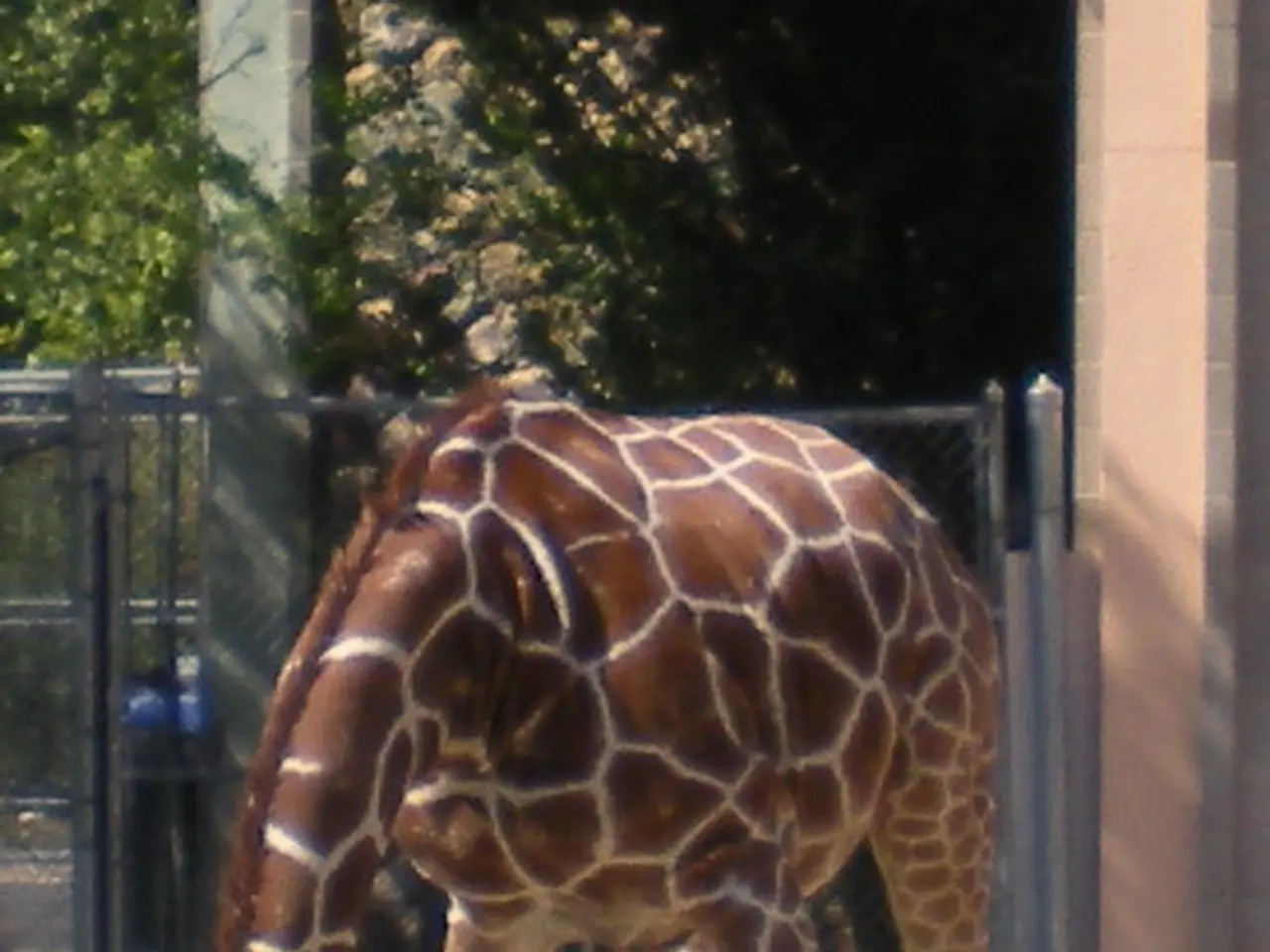Vegan Bodybuilding Nutrition: Advantages, Meal Plans, and Additional Insight
A vegan bodybuilding diet is a unique approach that combines the principles of bodybuilding with a vegan lifestyle, eschewing all forms of meat and animal products. This diet, when executed correctly, can offer numerous health benefits and support muscle growth.
To meet the high protein needs of bodybuilding, vegan bodybuilders should focus on high protein plant-based foods such as hemp seeds, tofu, beans, and various legumes. These foods provide substantial protein amounts and essential amino acids crucial for muscle growth.
Legumes, such as lentils and chickpeas, are foundational, offering high protein and fiber. Soy products like tofu and tempeh are complete proteins, containing all essential amino acids needed for muscle repair and growth. Nuts and seeds, particularly hemp seeds, provide healthy fats along with moderate protein. Quinoa, a grain with a complete amino acid profile, is useful as a carbohydrate and protein source.
Vegan bodybuilders may also consider plant-based protein powders, especially those derived from yellow split peas, to help hit higher protein targets. These foods, when consumed throughout the day, can help vegan bodybuilders meet their protein goals, which typically range from 80 to 180 grams daily.
Successful vegan bodybuilders often consume a variety of these foods to ensure adequate amino acid intake and support muscle protein synthesis effectively. Athletes like Joe Venus and Danielle Sidell are prime examples of this approach.
However, vegan bodybuilders are more likely to become deficient in vitamins and minerals such as vitamin B12, zinc, iron, vitamin D, calcium, and omega-3 fatty acids. To mitigate this, vegan bodybuilders may need to check nutritional labels, eat fortified foods, and consider taking a multivitamin or supplement.
A vegan diet, when well-planned, can lead to lower cholesterol and saturated fat levels, resulting in lower blood pressure. Additionally, people who follow a vegan diet may have a more diverse range of healthy bacteria and other microbes in their guts, potentially leading to better digestive health.
Moreover, plant-based diets, including vegan diets, correlate with a lower incidence of certain cancers, such as breast, prostate, lung, and colorectal cancer. Furthermore, following a vegan diet may lower the risk of certain cerebrovascular conditions, such as cerebral aneurysms or stroke.
A dietitian can help vegan bodybuilders select healthy foods and meet their weight and muscle gain goals. During the off-season, bodybuilders aim for a protein intake of their body weight in grams. During contest preparation, this increases to approximately twice their body weight in grams.
In conclusion, a diverse, well-planned intake of legumes, soy products, nuts, seeds, grains, and protein powders forms the best plant-based protein foundation for vegan bodybuilding. Vegan bodybuilders may wish to include animal products from reputable sources in their diet during the training season then return to a vegan diet during the off-season.
[References] [1] Barnard, N. D., & Levin, S. M. (2013). The Cheese Trap: How Breaking a Surprising Addiction Will Help You Lose Weight, Take Control of Your Health, and Live Longer. BenBella Books. [2] Campbell, T. C., & Campbell, T. M. (2006). The China Study: The Most Comprehensive Study of Nutrition Ever Conducted and the Startling Implications for Diet, Weight Loss, and Long-Term Health. BenBella Books. [4] Esselstyn Jr., C. (2007). Prevent and Reverse Heart Disease: The Revolutionary, Scientifically Proven, Nutrition-Based Cure. Penguin.
- To complement their high protein plant-based diet, vegan bodybuilders may need to consider supplements to ensure adequate intake of vital nutrients like vitamin B12, zinc, iron, vitamin D, calcium, and omega-3 fatty acids.
- While a well-planned vegan diet can lead to lower cholesterol and saturated fat levels, potential deficiencies in essential nutrients can arise, making it crucial to check nutritional labels and possibly take a multivitamin or supplement.
- A dietitian can help vegan bodybuilders plan their diet effectively to meet their weight and muscle gain goals, with protein intake during the training season typically ranging from body weight to double their body weight in grams.
- Plant-based diets, including vegan diets, have been linked to a lower incidence of certain cancers, such as breast, prostate, lung, and colorectal cancer, and a potential decrease in the risk of cerebrovascular conditions.
- Successful vegan bodybuilders usually consume a variety of high protein plant-based foods, such as legumes, soy products, nuts, seeds, grains, and protein powders, to ensure adequate amino acid intake and support muscle protein synthesis effectively, as demonstrated by figures like Joe Venus and Danielle Sidell.




